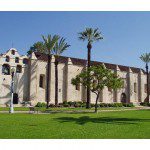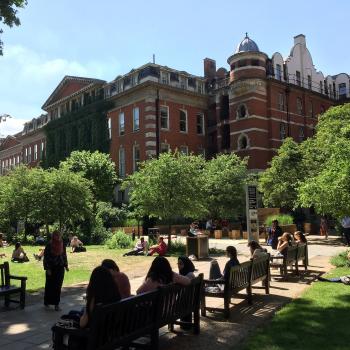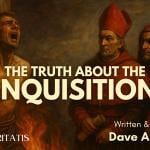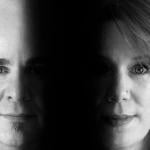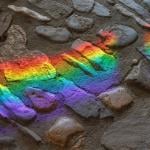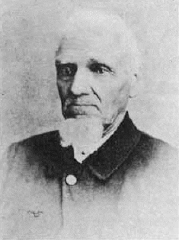
(Wikimedia CC, public domain)
William Smith, the younger brother of the Prophet Joseph Smith, led an occasionally tempestuous life and, although he had served in the Twelve and as patriarch to the Church, was excommunicated late in 1845. He never returned, although he affiliated himself from time to time with various offshoots of the Restoration movement.
Roughly two weeks before his death in Iowa in 1893, William, then eighty-two, was asked by an interviewer, “Did not you doubt Joseph’s testimony [about the Book of Mormon] sometimes?”
William replied, “No; we all had the most implicit confidence in what he said. He was a truthful boy. Father and mother believed him, why should not the children? I suppose if he had told crooked stories about other things we might have doubted his word about the plates, but Joseph was a truthful boy. That father and mother believed his report and suffered persecution for that belief shows that he was truthful. No, sir, we never doubted his word for one minute.”
But William’s confidence in Joseph’s account of the Book of Mormon didn’t rely only upon his trust in his brother.
Although he wasn’t among the official Witnesses to the Book of Mormon, he testified that he “was permitted to lift them [the plates] as they laid in a pillow case; but not to see them, as it was contrary to the commandments he [Joseph Smith] had received. They weighed about sixty pounds according to the best of my judgment.”



